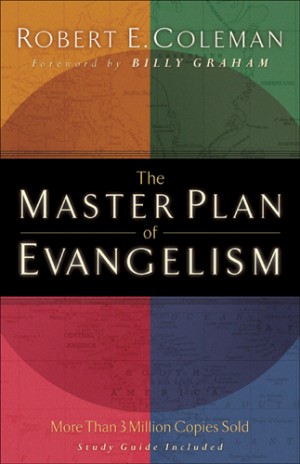One issue that we find challenging in our times is reading the Bible correctly as it has been given to us. Where context should play a much larger role than it does, we lose meaning by chopping up our Bible into verses and small sections.
There are many ways in which we don’t even realize how often we chop up narrative teachings in the Gospels. This is likely due to the impact of artificial divisions arising from the addition of chapter and verse numbers. Chapters and verses are not part of Scripture- they are additions.
Here is an interesting example of how this issue causes a mis-reading of Scripture:
Recall the poor widow who gave her two coins in Luke 21:1-4. Almost always, this section of text is isolated and the lesson becomes about the faith-filled widow in giving her two coins. Inevitably, sermons and teachings from this passage are centered on faith-filled giving and trust of God. There’s nothing wrong with teaching about faithful giving- it is a teaching of the Church. But that’s not exactly what this passage in Luke 21 is about. Simple principles of context tell us that this is not an isolated incident that just happened to occur in Jesus’ ministry and recorded for us in the Gospel accounts.
Read the passage again:
the text itself starts with “He looked up” (the Greek uses the pronoun ‘He’ whereas many translations insert ‘Jesus’ because of the chapter separation).
If the text literally (grammatically) has “he looked up” we would naturally need to know who “he” is and look at what came before this text to find out, which is the preceding paragraph – the last paragraph of Luke chapter 20.
While the faith of the widow is surely to be commended, Jesus’ remarks are an observed commentary on what he just taught at the end of chapter 20. Therefore, the mention of the faithfully giving widow is a real life example of what he just taught his disciples in chapter 20.
Jesus’ statement about the widow’s giving is an indictment against the scribes “who devour widows houses and for a pretense make long prayers” (Luke 20:45-47) – it is a commentary on the state of Israel’s leaders who were hypocrites. That’s what the widow’s giving passage in Luke 21 is about. Rather than help the widow, the scribes and Pharisees devour her, a woman who has given all that she has to help others. This matches well with the Lukan theme of the Messiah caring for the poor (the context of the entire book)
Thus, the narrative of the widow and her giving are not primarily about giving faithfully, but about caring for others.1 This is the proper way to interpret any given section of narrative and a good example of how chapters and verses cause shifts in contextual meaning that may not be appropriate for the given passage— at least if we’re trying to identify the root meaning in the narrative conversation of Scripture.

- This is not to say that giving isn’t important or addressed by Jesus… it is, but this passage uses the giving to highlight corruption. [↩]




